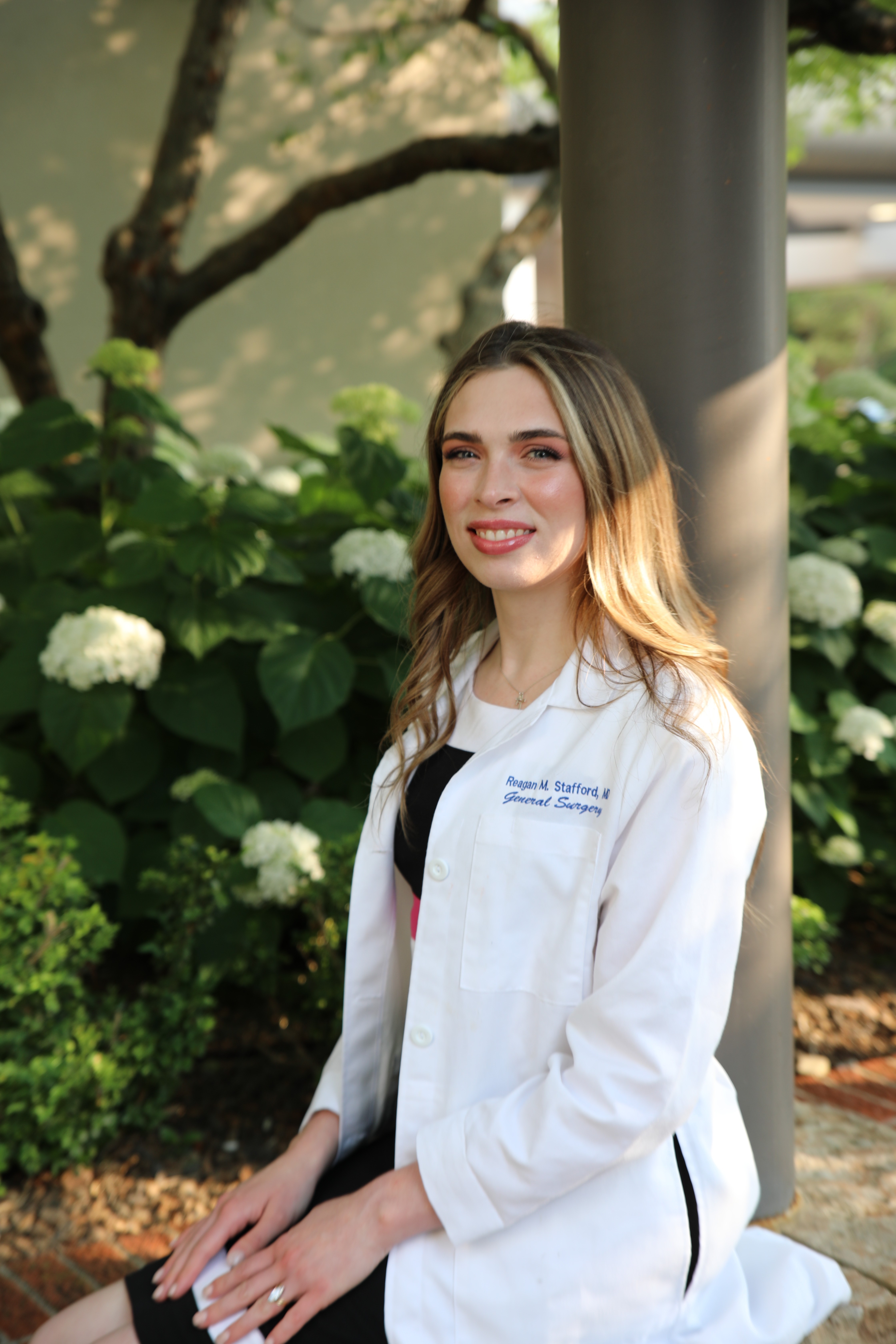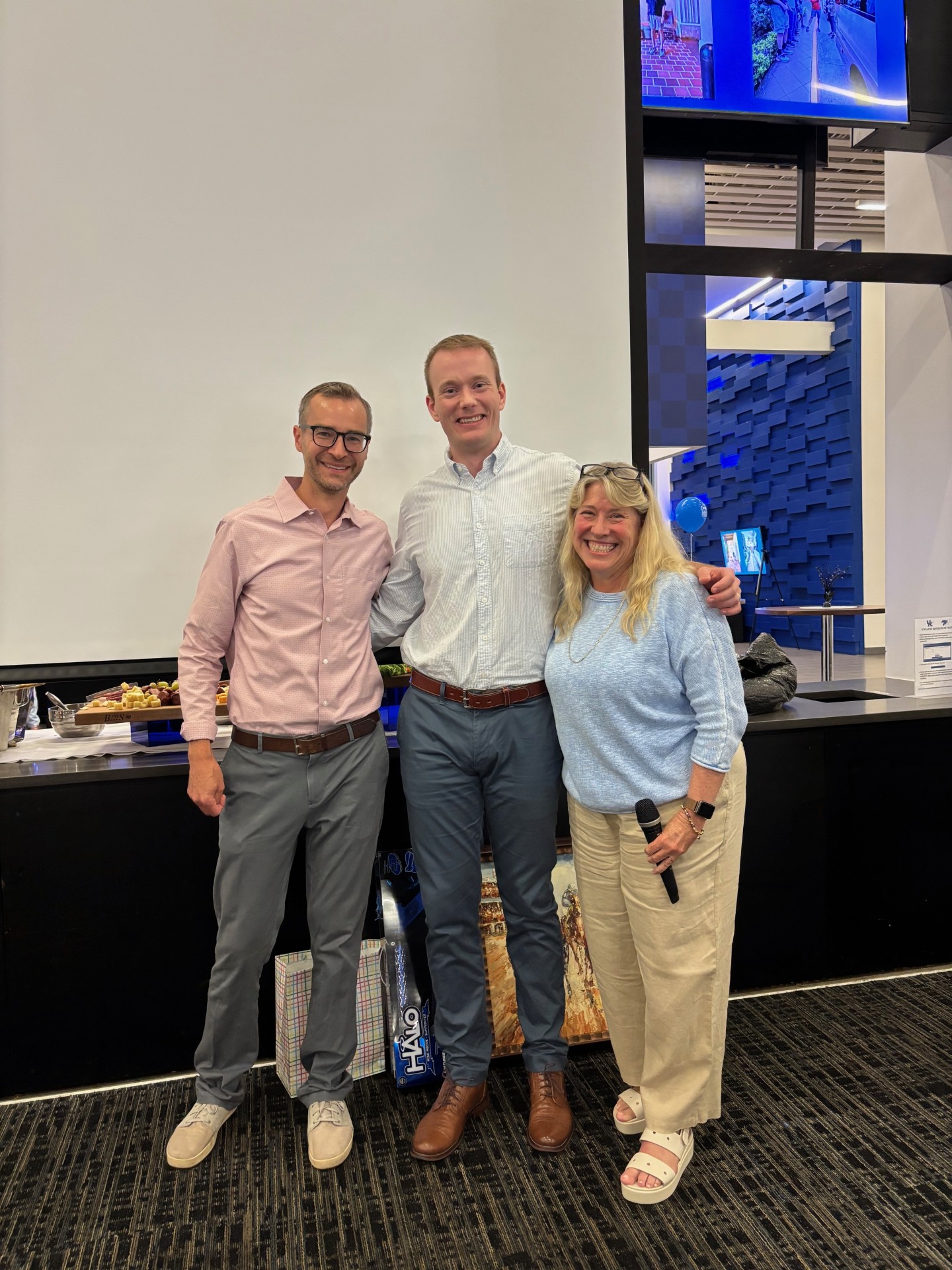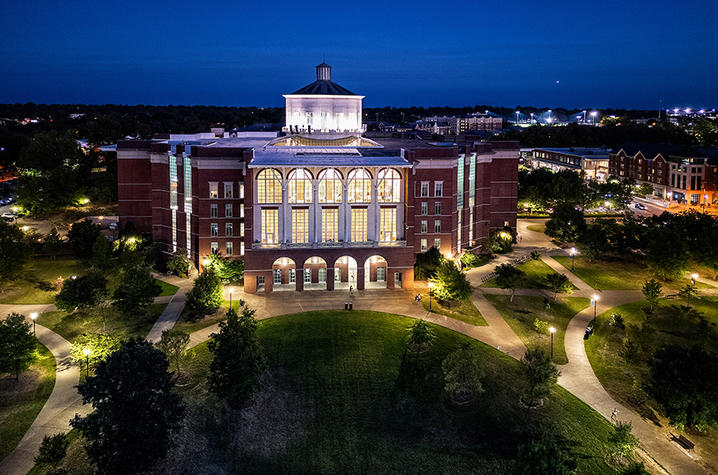News
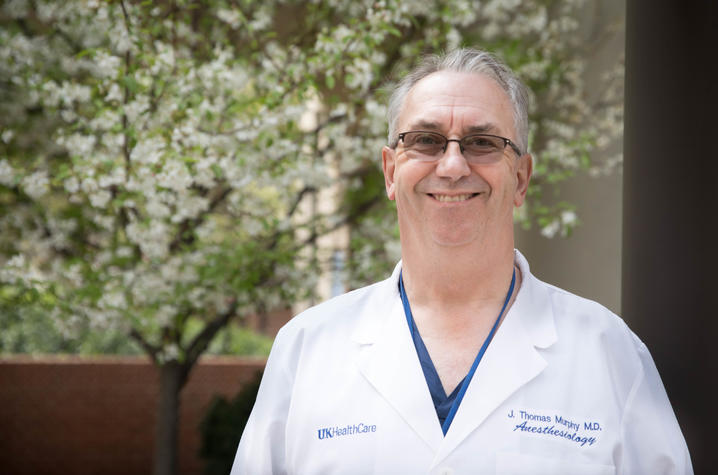
When Dr. J. Thomas Murphy moved to the United States in 2002 to practice medicine as an anesthesiologist, he'd never even heard of the opioid drug Vicodin. Originally from Canada, Murphy completed his medical education and training at Dalhousie University in Nova Scotia before moving to Saudi Arabia to work as a cardiac anesthesiologist. When he came to the University of Kentucky, he saw the impacts of the opioid epidemic time and again in the cardiac operating room and would eventually feel called to join the fight.
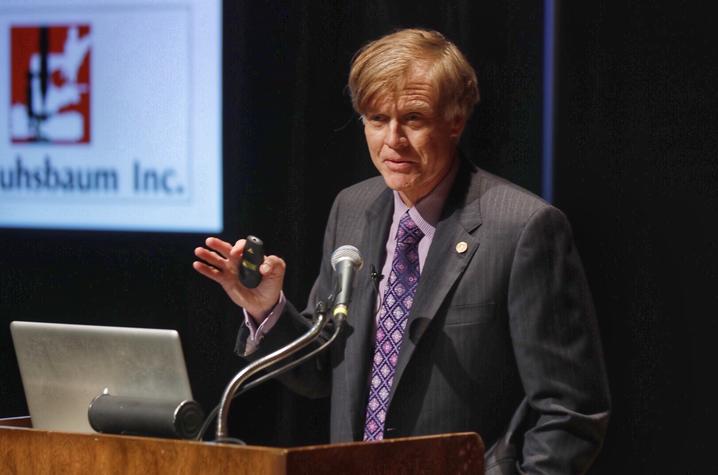
The University of Kentucky Markey Cancer Center recently held its ninth annual Markey Cancer Center Research Day, highlighting the work of UK students, postdoctoral fellows and faculty from the past year.
Research Day provides an opportunity for investigators to showcase their work and also view the work of their colleagues across the campus. Markey researchers are housed all across the University, spanning eight colleges and 28 departments.
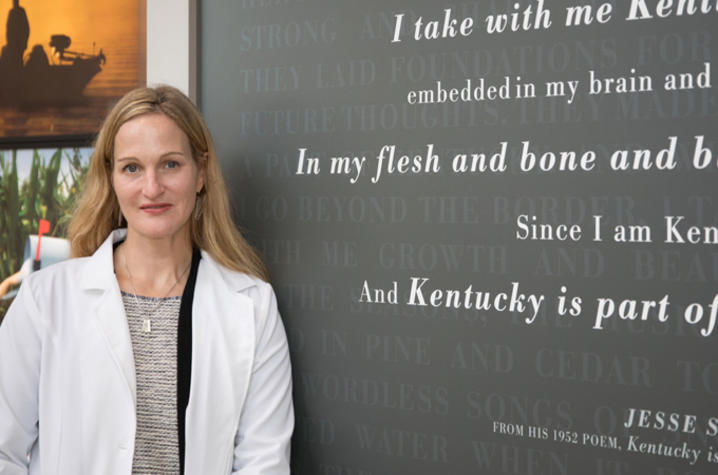
With a $4.9 million contract from the Patient-Centered Outcomes Research Institute (PCORI), the University of Kentucky will expand and improve treatment for pregnant women with opioid use disorder (OUD) in rural areas of Kentucky.
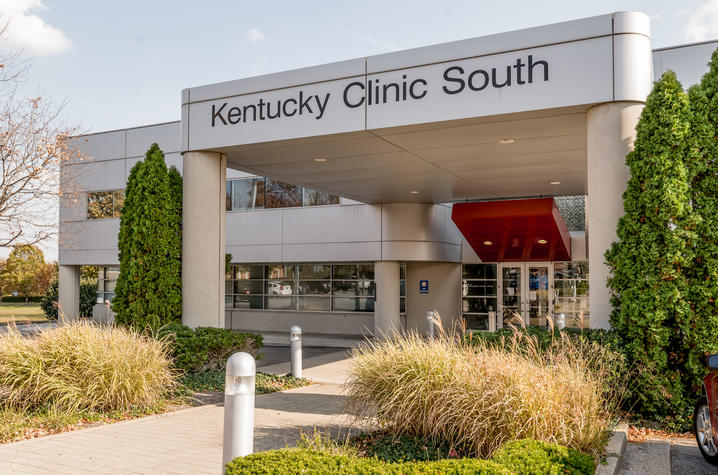
The American Academy of Pediatrics (AAP) recognized UK HealthCare's General Pediatric Clinic as a model in its implementation of early childhood screenings.
By integrating a series of standardized screenings into a child's visit, including developmental surveillance, maternal depression screenings, social determinants and family strengths, doctors, nurses and staff are able to get a more complete assessment of a child's health beyond his or her physical well-being. All pediatric providers complete the same screenings for all patients.
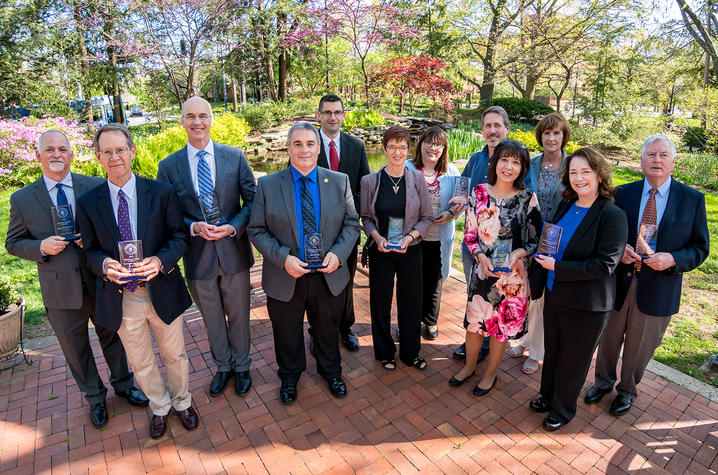
This week, it was my distinct pleasure to present the University Research Professorship Awards to 14 members of our faculty who have demonstrated excellence in research and creative work that addresses scientific, social, cultural, economic and health challenges in our region and around the world.
At a reception hosted by President Eli Capilouto at Maxwell Place, with their families, deans, associate deans for research and nominators on hand to celebrate with them, we had the opportunity to recognize and publicize the accomplishments of these scholars.
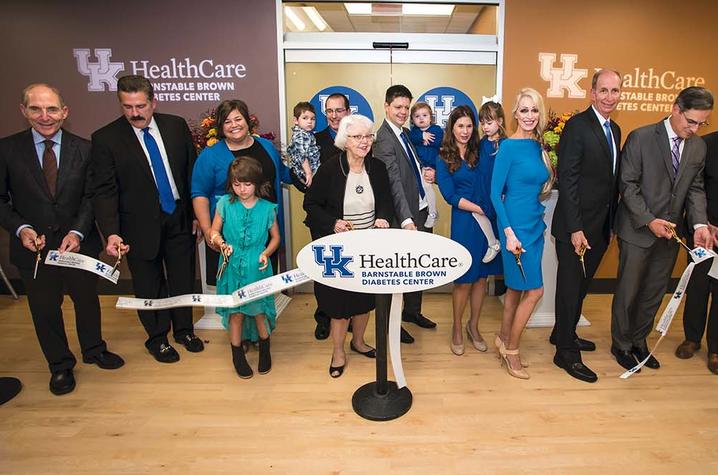
The Barnstable Brown Kentucky Derby Eve Gala, internationally recognized as the “premier” Kentucky Derby gala and counted among the “10 Best Parties in the World” by Condé Nast, has announced the celebrity lineup for its 30th annual gala being held Friday, May 4 in Louisville.
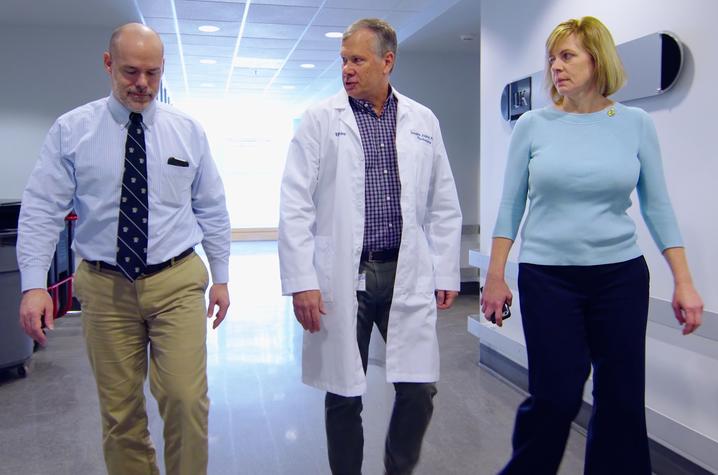
Traumatic brain injury (TBI) has been a hot topic of late as soldiers return from the battlefield and football players from the gridiron with debilitating injuries.
To date, treatment for TBI has been limited because the underlying mechanisms that cause brain damage are still poorly understood. Recently, however, science has shown increased interest in exploring ways to prompt the brain to heal itself after injury, or perhaps even protect itself as the injury occurs.

The 13th Annual Spring Conference of the University of Kentucky Center for Clinical and Translational Science (CCTS) was held April 13 at the Lexington Convention Center. While the CCTS supports research across the spectrum of diseases, this year’s conference focused on using translational science to address the opioid epidemic.
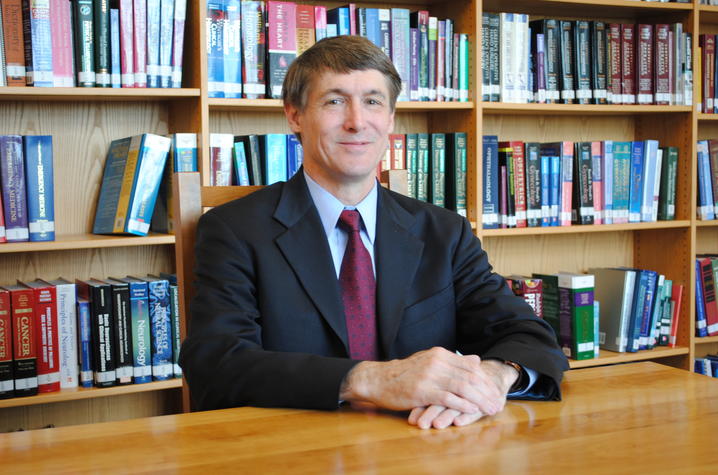
The University of Kentucky College of Medicine has announced that Dr. Steven A. Haist will be rejoining the college to serve as associate dean for its Northern Kentucky regional campus.
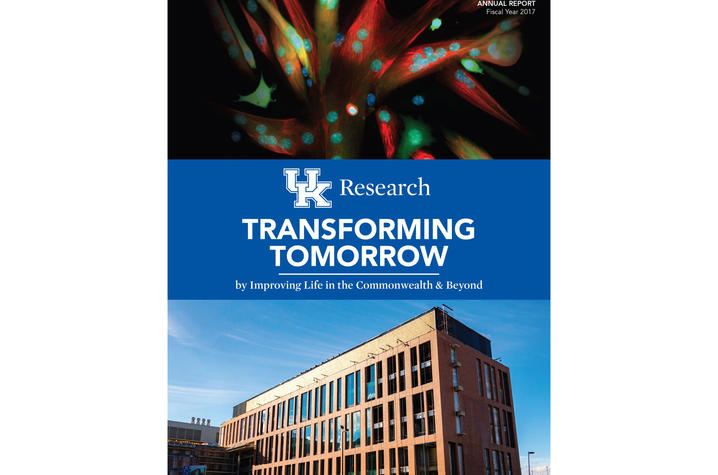
How is research at the University of Kentucky transforming tomorrow? The UK Research 2017 Annual Report shares the economic impact of UK research, strategic plan progress, national rankings and innovative federally funded research projects in substance abuse, cancer, diabetes and obesity, cardiovascular diseases, neuroscience and aging, and energy.
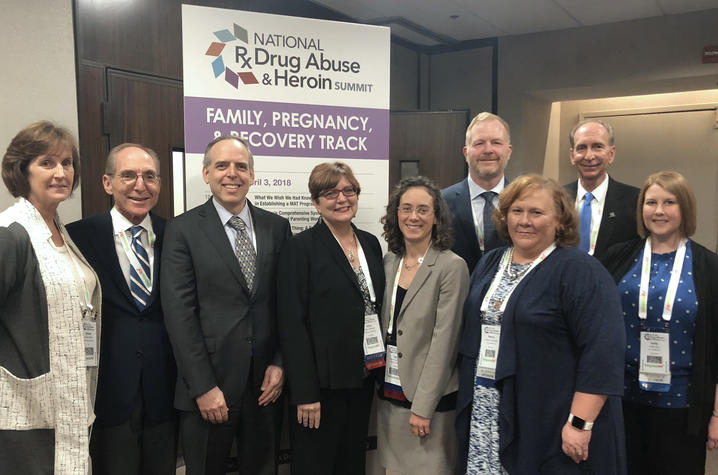
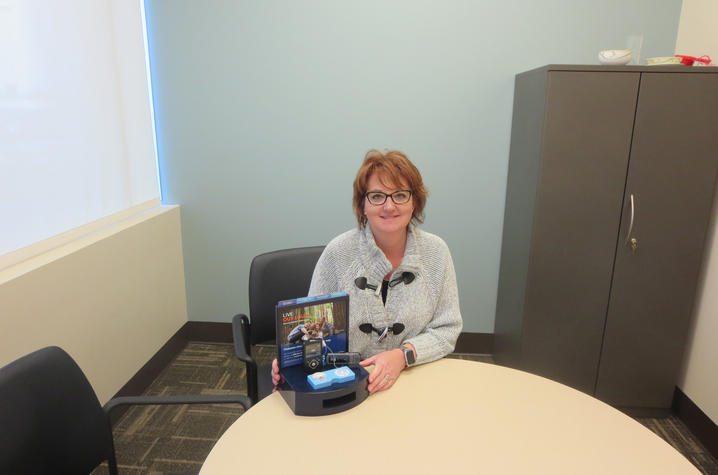
No matter how diligently a person with diabetes works at their diabetes management, the amount of effort put in doesn’t always yield the desired results, and it can be very frustrating.
A person living with diabetes can spend hours every day tracking blood glucose levels, calculating insulin injections, finding time for exercise, counting carbohydrates and making food substitutions. Timing is everything in all areas of life, particularly for the person living with diabetes. The challenges can be great but the reward of a longer, healthier life is greater.
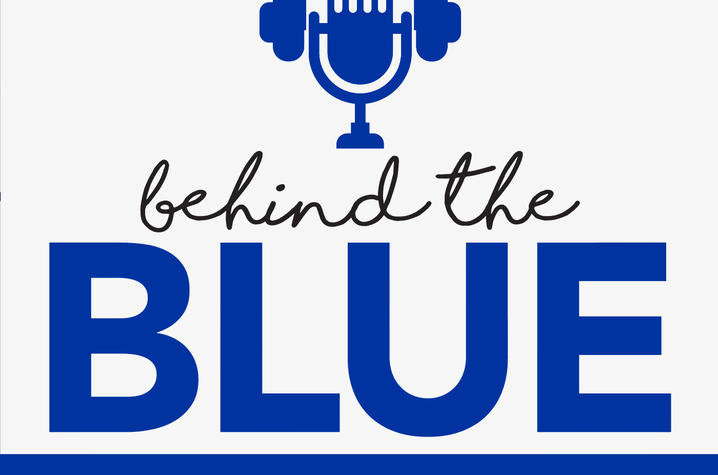
The opioid epidemic has ravaged communities across the United States and few states have been harder hit than Kentucky. There is, however, a reason to have hope. Researchers, physicians and leaders in the Commonwealth and across the nation are working to find solutions that can help people enter recovery and save lives.
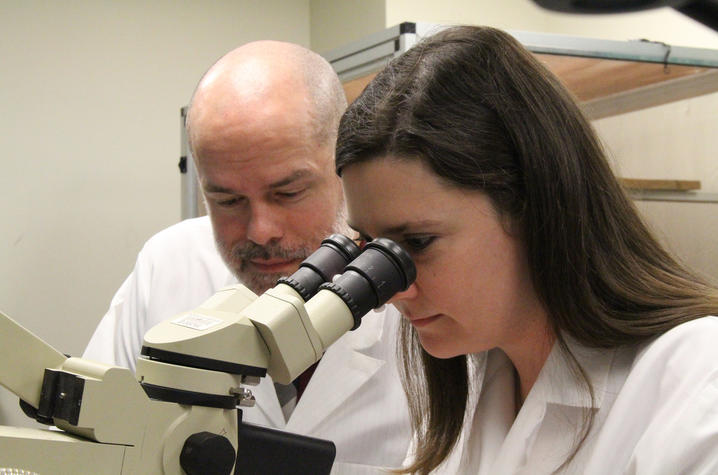
The University of Kentucky Sanders-Brown Center on Aging has been awarded a $2 million grant by the National Institutes of Health to train the next generation of dementia researchers.
The T32 training grant, “Training in Traditional Research in Alzheimer’s Disease and Related Dementias (TRIAD),” is the first Sanders-Brown Center on Aging training grant dedicated to Alzheimer’s disease and related dementias.

People lead busy lives and managing doctor appointments for the entire family can be challenging, especially if a different physician is needed for each family member according to age or health concern. Getting everyone to their appointments may require trips to different doctors in different locations.
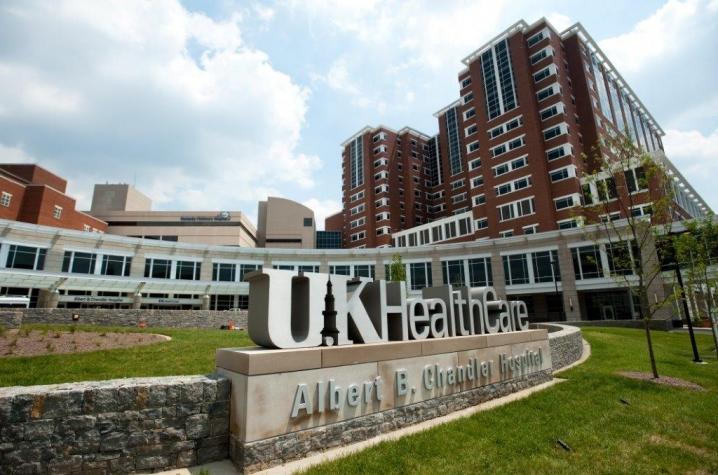
UK HealthCare has more than 155 physicians practicing medicine with University of Kentucky Albert B. Chandler Hospital, Kentucky Children's Hospital, UK Good Samaritan Hospital who appear on the Best Doctors in America List for 2019 — more than any other hospital in Kentucky. Only four percent of doctors in America earn this prestigious honor, decided by impartial peer review.
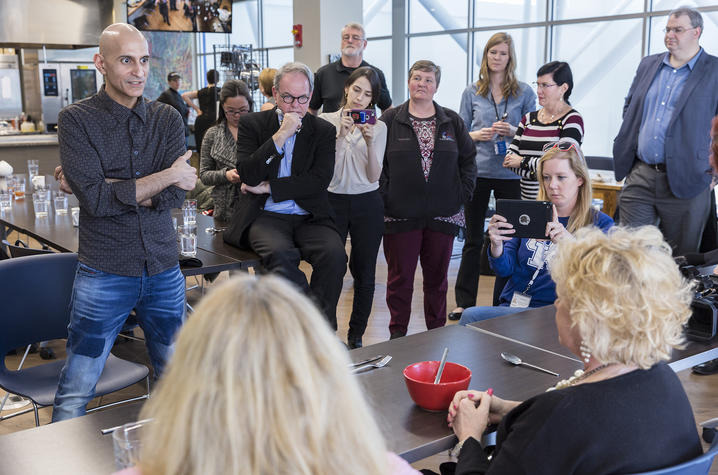
Humans have a complex relationship with food: it is sustenance, it is a livelihood, it is an emotional reward, and it can be medicine. As the obesity epidemic illustrates, it can be the opposite of medicine, too. Neurogastronomy encompasses a number of disciplines to address that relationship, including basic science, nutrition, psychology, agriculture, food science and health.

After four years of medical school and numerous interviews, University of Kentucky College of Medicine students found out where they will continue their medical education in residency programs. Match Day is a culmination of the hard work and dreams of students on the path to becoming doctors.
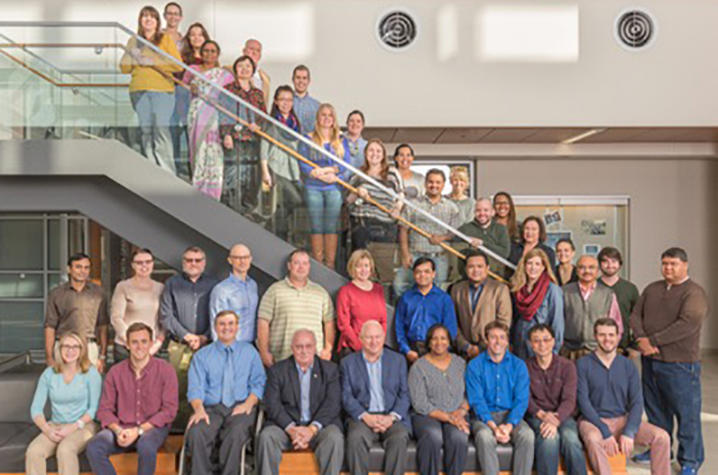
The 24th Annual Kentucky Spinal Cord & Head Injury Research Trust Symposium, was held on Thursday, May 10, 2018, in the Lee T. Todd, Jr. Building at the University of Kentucky.
Prominent researchers in the fields of spinal cord and traumatic brain injury from across the nation joined the UK Spinal Cord and Brain Injury Research Center (SCoBIRC) faculty to share information focused on two themes: long-term consequences of neurotrauma and research along the translational spectrum.
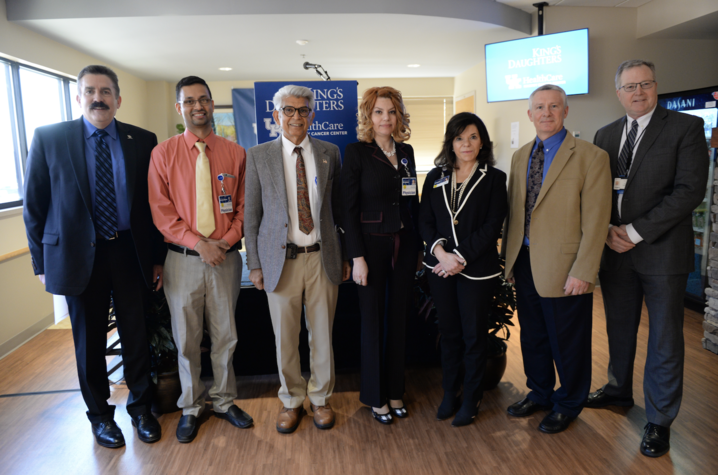
King's Daughters Medical Center in Ashland, Ky., has entered into a new affiliation with the University of Kentucky Markey Cancer Center, the state's only National Cancer Institute-designated cancer center.
By becoming a UK Markey Cancer Center Affiliate Network member, King's Daughters can offer patients in eastern Kentucky, southern Ohio and West Virginia access to additional specialty and subspecialty care, including clinical trials and advanced technology, while allowing them to stay closer to home for most treatments.
